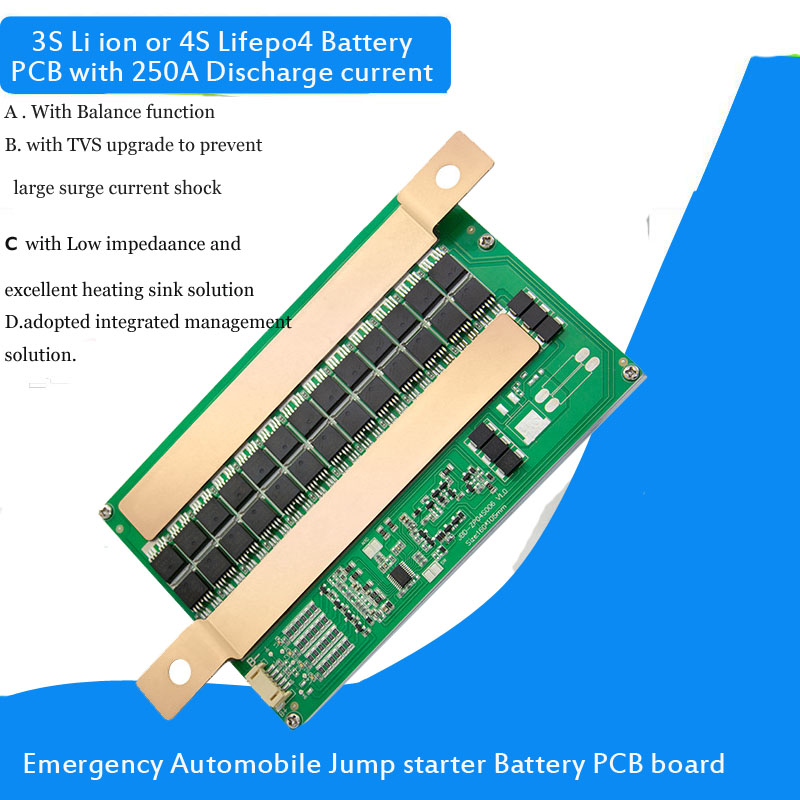I know there are several manufacturers that make LFP car batteries, but they are always way overpriced. With the price of LFP cells coming down, it seems feasible to make my own since my car doesn't need a huge battery. Since the LFP cells are capable of doing the job, the bottleneck is the BMS.
Some things I am concerned about,
1. LFP cells max out at 3.65V or 14.6V with 4 cells. The car alternator puts out 15V which will trip the BMS. If the BMS constantly disconnects the battery, isn't that going to cause trouble with all the car electronics?
2. The BMS has to allow normal current charging and normal current use, but still allow high current output for starting. I'm guessing it needs about 300A to crank the car.
Does anybody know of a BMS that will work like that?
Some things I am concerned about,
1. LFP cells max out at 3.65V or 14.6V with 4 cells. The car alternator puts out 15V which will trip the BMS. If the BMS constantly disconnects the battery, isn't that going to cause trouble with all the car electronics?
2. The BMS has to allow normal current charging and normal current use, but still allow high current output for starting. I'm guessing it needs about 300A to crank the car.
Does anybody know of a BMS that will work like that?



